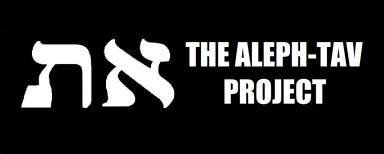
CONTINUING WITH THIS WEEK'S TORAH PORTION
CHAPTER 24
Exodus 24:1-18
Exo 24:1 And said to Moses, Ascend to יהוה, you and Aaron, Nadab and Abihu, and seventy from the Elders of Israel; and you will bow from a distance. 2 And Moses shall approach by his aloneness to יהוה: and they, they shall not approach; and the People, they shall not ascend with him. 3 And Moses came and accounted (enrolled, told) to the People את all of the Words of יהוה, and את all of the Judgments: and all of the People answered of one voice, and they said, We will do all of the Words which יהוה has spoken.
4 And Moses wrote את all of the Words of יהוה, and they rose up early (started up early) in the breaking period (morning), and built an Altar below the Mountain, and two ten (twoteen, twelve) standing pillars for the Two Ten (Twoteen, Twelve) Tribes of Israel. 5 And sent את-young men of the Sons of Israel, and they elevated the Elevation Offerings (Ascension Offerings, Burnt Offerings), and they sacrificed Sacrifices, of Peace Offerings of bullocks (calves) unto יהוה.
6 And Moses took half of the blood, and put in the basins (bowls); and half of the blood was sprinkled (strewn) upon the Altar. 7 And took the Scroll of the Covenant, and was called out (read) in the ears of the People: and they said, We will do all which יהוה has spoken, and we will listen. 8 And Moses took את-the blood, and sprinkled (strewn) over (upon) the People, and said, Behold the Blood of the Covenant which יהוה has cut with you upon all of these Words.
9 And Moses, and Aaron, Nadab, and the Abihu, and seventy from the Elders of Israel ascended: 10 And they saw את the Elohim of Israel: and was under His Feet as the doing (work) of pavement (?white pavement?) of the sapphire, and as the bone (body) of the Heavens for pureness (clearness). 11 And did not send forth His Hand to the Select of the Sons of Israel: and they gazed (visioned) at את-The Elohim, and they ate, and they drink.
12 And יהוה said to Moses, Ascend to Me at the Mountain, and be there: and I will give to you the Tablets of the Stone, and the Teaching (Torah), and the Commandments which I have written; to teach them. 13 And Moses arose, and Joshua, his minister (attendant, contributor): and Moses ascended to the Mountain of The Elohim. 14 And said to the Elders, Dwell among this (here) for us until which we shall return to you: and, behold, Aaron and Hur are with you: Whoever is a master of words shall approach to them.
15 And Moses ascended to the Mountain, and the Cloud covered את-the Mountain. 16 And the Glory of יהוה dwelled (resided) upon Mount Sinai, and the Cloud covered him six days: and on the seventh day, called to Moses from the midst of the Cloud. 17 And the appearance of the Glory of יהוה was like a Consuming Fire on the head of the Mountain to the eyes of the Sons of Israel. 18 And Moses went in the midst of the Cloud, and ascended to the Mountain: and Moses was in the Mountain forty days and forty nights.
(Note: Not all verses will have comments)
Verses one and two
1 And said to Moses, Ascend to hwhy, you and Aaron, Nadab and Abihu, and seventy from the Elders of Israel; and you will bow from a distance. 2 And Moses shall approach by his aloneness to יהוה: and they, they shall not approach; and the People, they shall not ascend with him.
Where is Eliezer and Ithamar? Why were they not included? In Exodus chapter four, The children of Aaron are noted, which is noted in the Torah portion of Va-Eyra, in the book of Exodus
Exodus 6:23 And Aaron took את-Elisheba, daughter of Amminadab, sister of Nahshon, to himself for a wife; and she birthed to him את-Nadab, and את-Abihu, את-Eleazar, and את-Ithamar.
It shows that Eleazar and Ithamar were the third and fourth born to Aaron. I guess יהוה only wanted the first and second born, Nadab and Abihu. Why? I don't know.
Verses three and four
3 And Moses came and accounted (enrolled, told) to the People את all of the Words of יהוה, and את all of the Judgments: and all of the People answered of one voice, and they said, We will do all of the Words which יהוה has spoken. 4 And Moses wrote את all of the Words of יהוה, and they rose up early (started up early) in the breaking period (morning), and built an Altar below the Mountain, and two ten (twoteen, twelve) standing pillars for the Two Ten (Twoteen, Twelve) Tribes of Israel.
The Israelites were beginning to sound like robots by repeating the same words again as they did, which is noted in the Torah portion of Yithro, in the book of Exodus
Exodus 19:7 And Moses came and called to the Elders of the People, and put to their faces את-all of these Words which יהוה commanded him. 8 And all of the People, they answered together, and they said, We will do all which יהוה has spoken. And Moses returned את-the words of the People to יהוה.
They also replied to what a servant says to his master, or should I say a slave to Pharaoh.
This can be compared to how some politicians respond in upholding the U.S. Constitution today.
This image, taken from the top of the mount, shows the locations of the items at Jubal Al Lawz

A: Saudi Guard House
B: Golden Calf Altar with petroglyphs
C: Remains of the twelve pillars
D: Large altar (Moses' Altar) at the foot of Mount Sinai
e: Red lines mark the wells
f: Aqua lines mark stone fences
The twelve pillars are located near Jebal Al Lawz in northeastern Saudi Arabia.
This map, not to scale, shows the location of the pillars circled in red

This is another map that shows the location of the stone pillars

This is a 3D satelite image posted by http://hubpages.com/education/mountsinai showing the location of the stone pillars along the green line

These are satelite images zooming into the location of the stone pillars at the Mount Sinai area
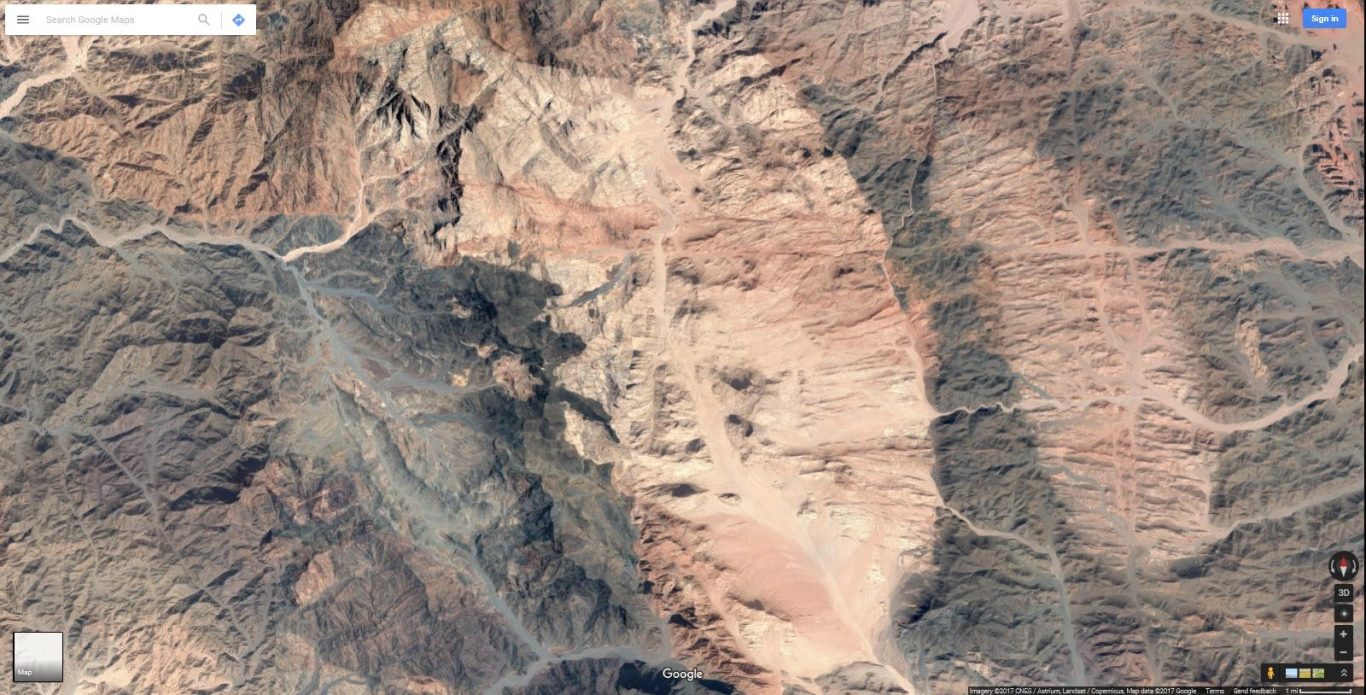
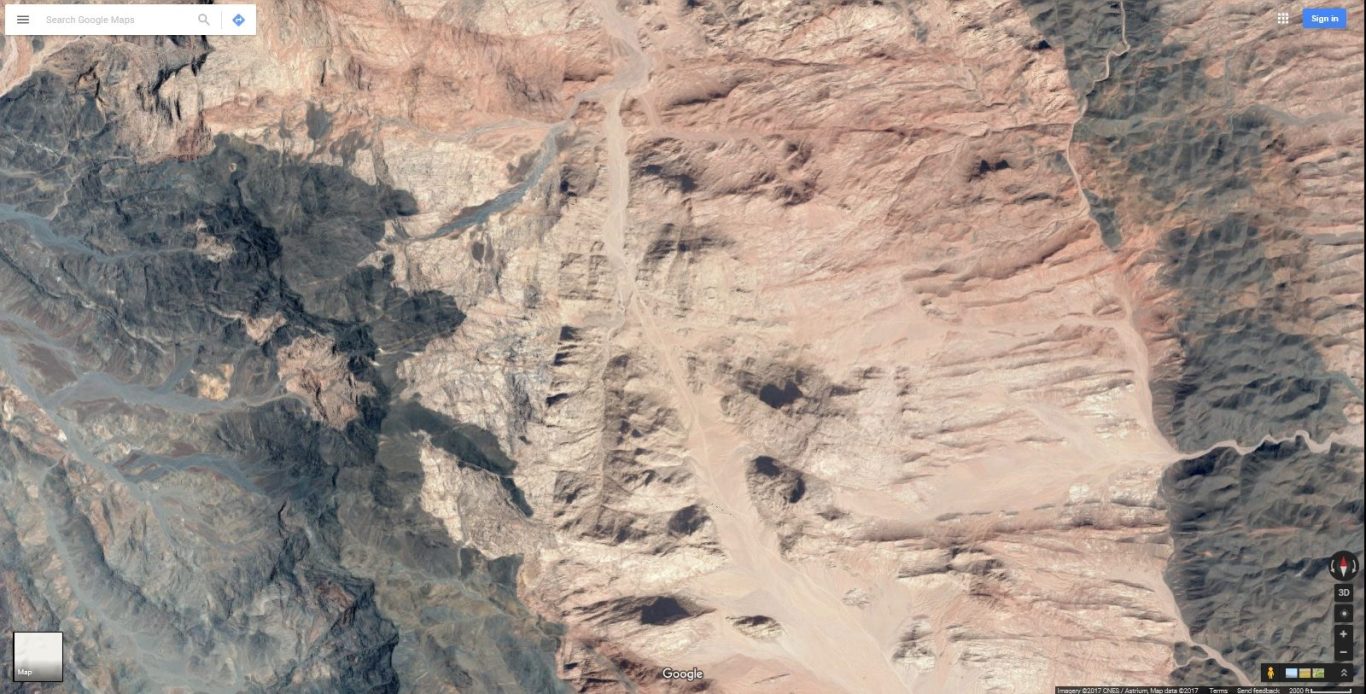





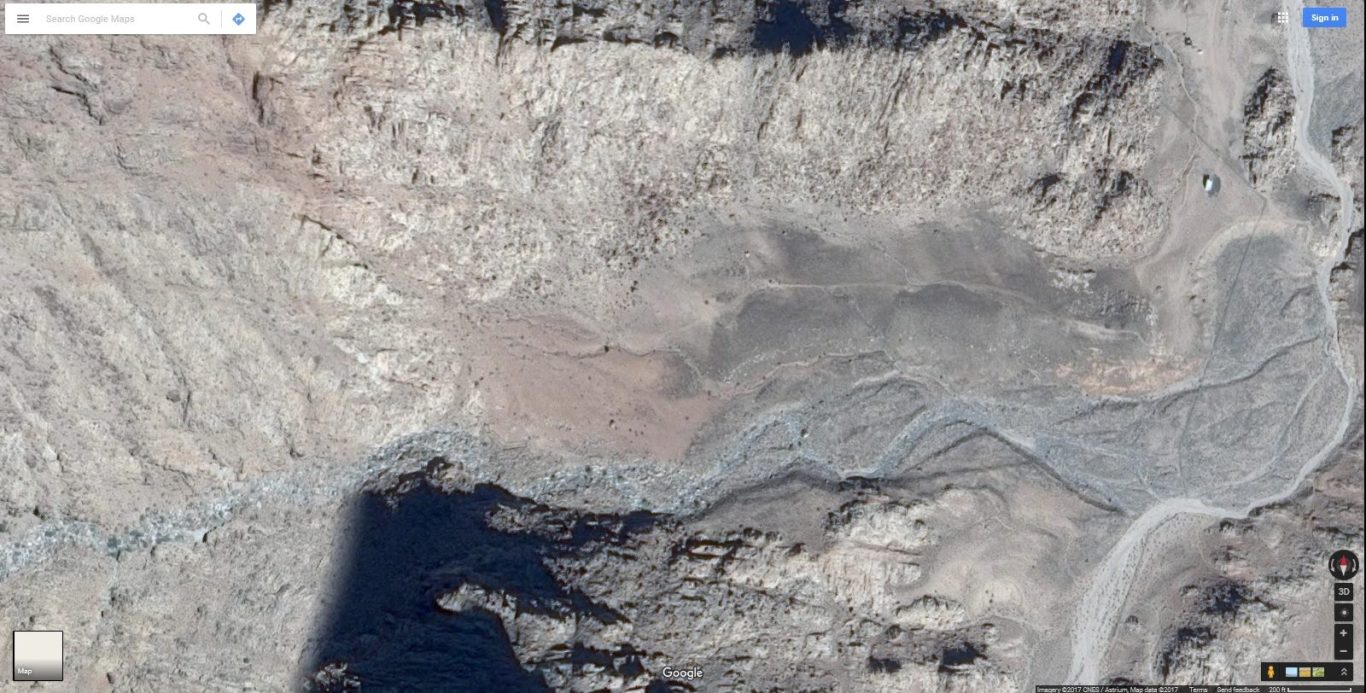




This satelite image shows the location of the stone pillars compared to the Altar of Moses, circled in black, with possibly a missing pillar

The stone pillars are circled in red

This is a 3D image of the location



These are recent images showing the border stones and the Altar of Moses
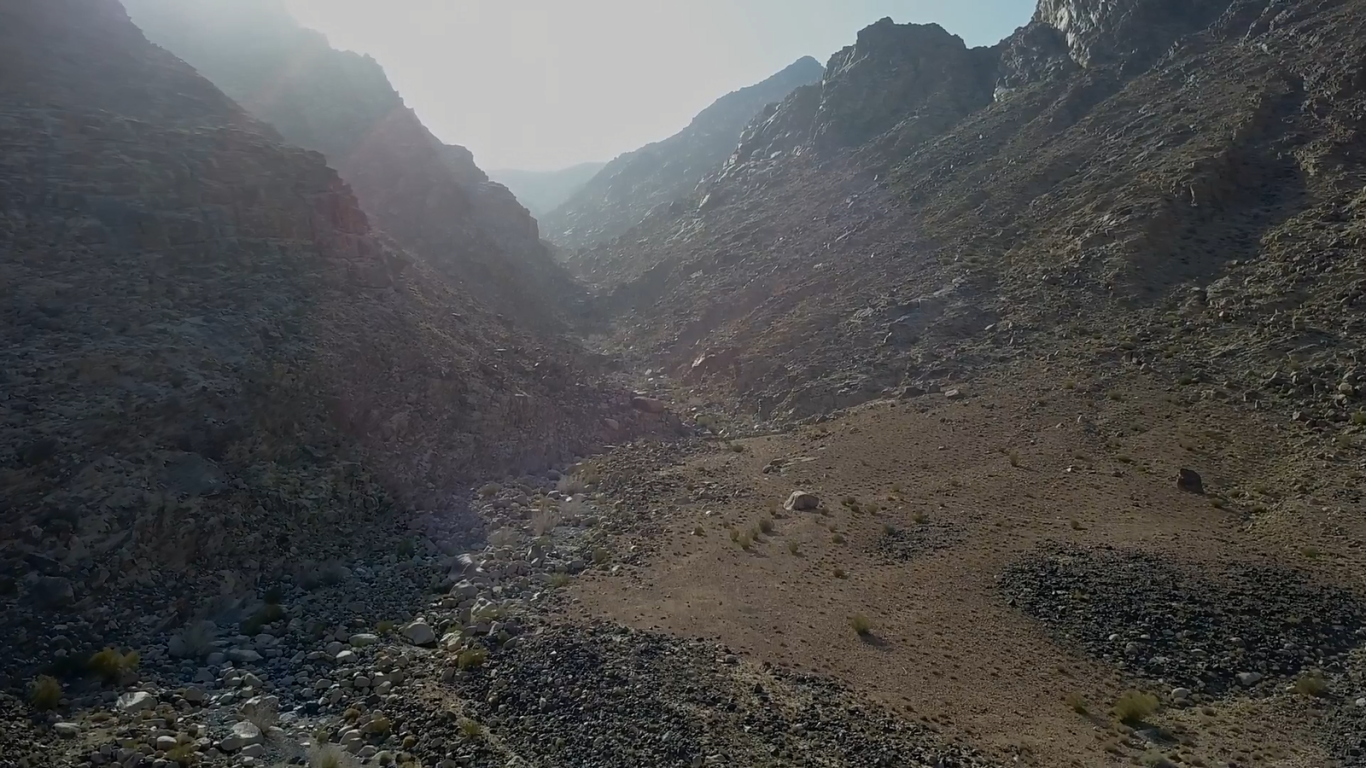



These are those who say that there are pillars that are the border pillars. These are pictures of these pillars at the Mount Sinai site



The cross section of these pillars measures about two feet long




These are some images from a 360 degree view showing the pillars at the base of Mount Sinai, taken from the location of the Altar of Moses


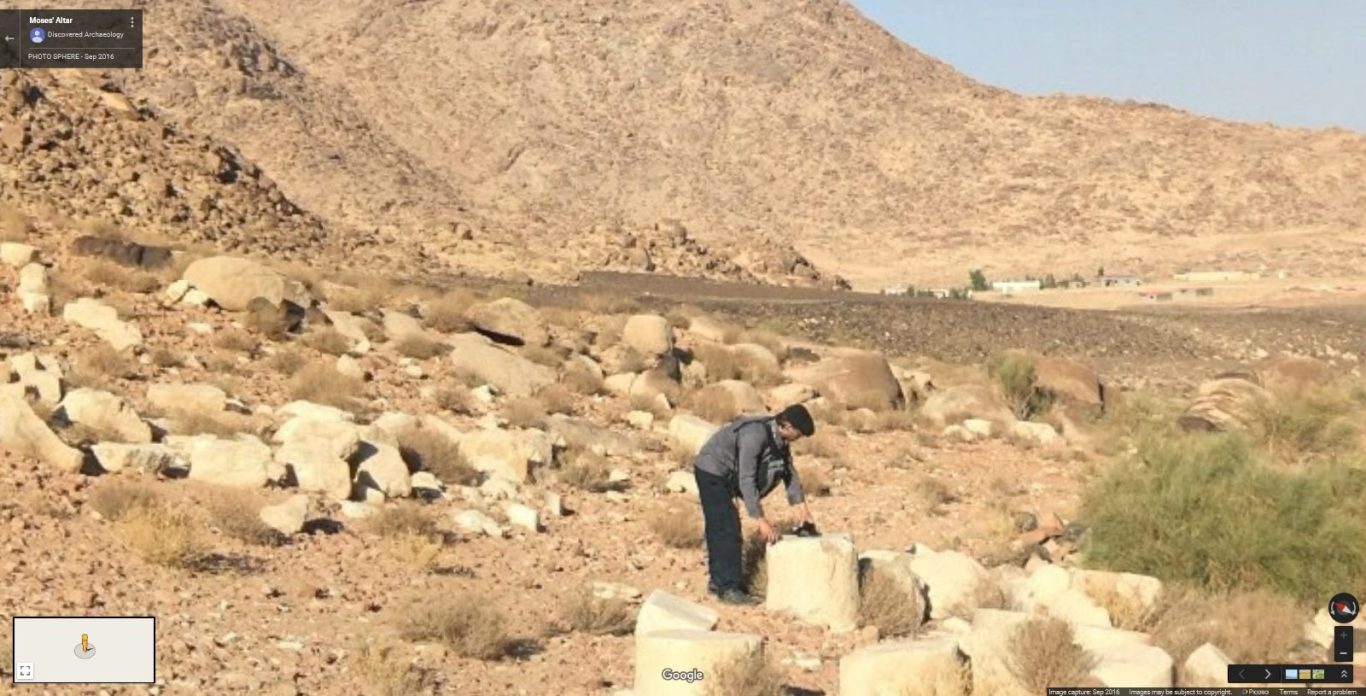
The big stones borders, potentially at street view, are circled in red
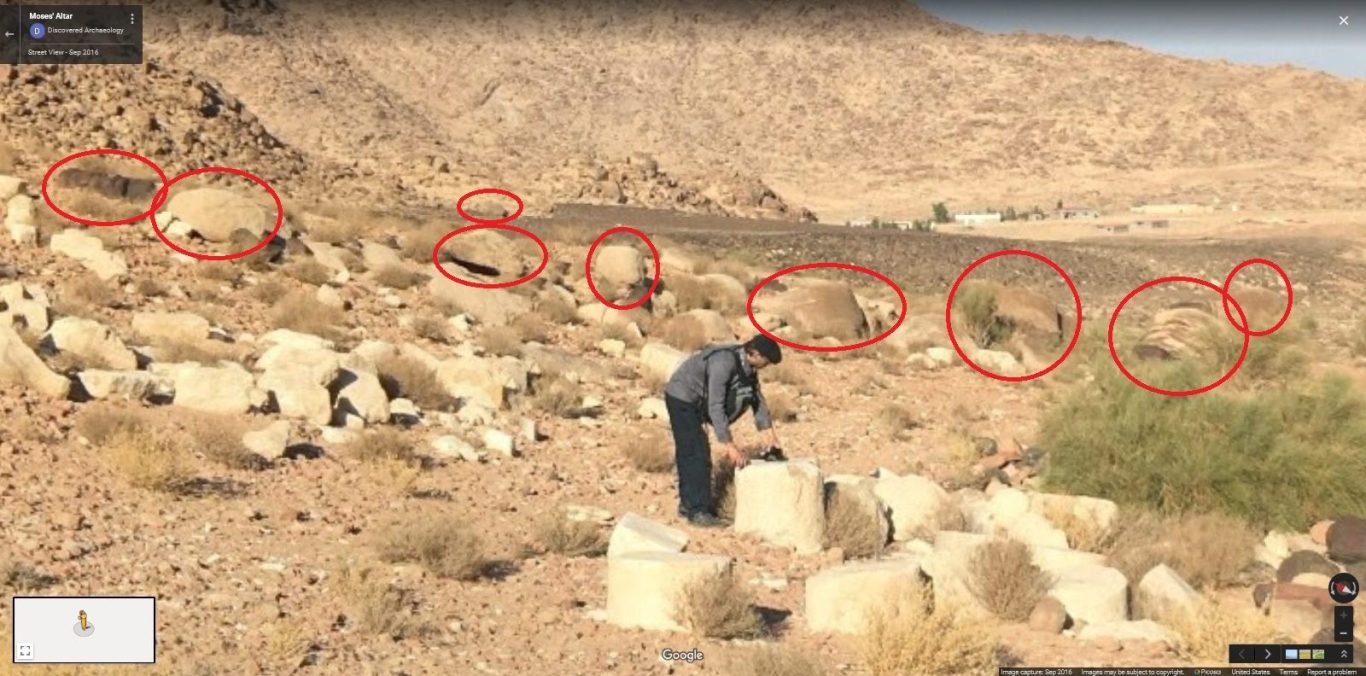
Next is a map showing the location of the Altar of Moses at Jubal Al Lawz, highlighted in red

This is another map of the location of Moses' altar

These are the images of Moses' altar


These are images from a 360 degree view of the Altar of Mose at the base of Mount Sinai (Jebal el Lawz)










Verses five through eight
5 And sent את-young men of the Sons of Israel, and they elevated the Elevation Offerings (Ascension Offerings, Burnt Offerings), and they sacrificed Sacrifices, of Peace Offerings of bullocks (calves) unto hwhy. 6 And Moses took half of the blood, and put in the basins (bowls); and half of the blood was sprinkled (strewn) upon the Altar. 7 And took the Scroll of the Covenant, and was called out (read) in the ears of the People: and they said, We will do all which יהוה has spoken, and we will listen. 8 And Moses took את-the blood, and sprinkled (strewn) over (upon) the People, and said, Behold the Blood of the Covenant which יהוה has cut with you upon all of these Words.
This is the first and last time that young men who were to be "a Kingdom of Priests", did the sacrifices at the Altar before the Levitical Priests took over.
After Moses read the words, the Israelites said the same thing over for the third time, but they elaborated it by adding "...and we will listen".
Compare it to the first two times the Israelites responded
Exodus 19:8 And all of the People, they answered together, and they said, We will do all which יהוה has spoken....
Exodus 24:3 ...and all of the People answered of one voice, and they said, We will do all of the Words which hwhy has spoken.
Exodus 24:7 ...and they said, We will do all which יהוה has spoken, and we will listen.
Question: "Why did they say "we will listen" the third time and not the previous two times"? Because they did not mean what they said the first two times? Were they trying to make up for what they said to Moses when יהוה came down after they heard all of the flashings sounds and rumbles, and then they replied this statement to Moses, which is noted in the Torah portion of Yithro, in the book of Exodus
Exodus 20:18 And all of the People saw את-the sounds, and את-the flashings, and את the sound of the Shofar, and את-the mountain smoking: and the People saw, and they moved back, and they stood from a distance. 19 And they said to Moses, You speak with us, and we will listen: And let not Elohim speak with us, lest we die.
They might have felt guilty that they did not "listen" to His Voice, so they were making up for it.
Notice that Moses sprinkled the blood on the Altar and on thePeople. Guess where the Roman church most likely received their sprinkling rituals from?.... Moses, from this passage.
Verses nine through eleven
9 And Moses, and Aaron, Nadab, and the Abihu, and seventy from the Elders of Israel ascended: 10 And they saw את the Elohim of Israel: and was under His Feet as the doing (work) of pavement (?white pavement?) of the sapphire, and as the bone (body) of the Heavens for pureness (clearness). 11 And did not send forth His Hand to the Select of the Sons of Israel: and they gazed (visioned) at את-The Elohim, and they ate, and they drink.
What a heaven on earth experience they had. How would you like to have the experience to eat with the Creator of the heavens and the earth, walking on sapphire floors. This is the only time that the Select and the Priests other than Moses saw the Elohim and His realm, and did not die.
The prophet Ezekiel noted that sapphire is used in the Kingdom, which is noted in his book
Ezekiel 1:26 And above the firmament that was over their heads was the likeness of a Throne, as the appearance of a sapphire stone: and upon the likeness of The throne was the likeness as the appearance of a Man above upon it.
Ezekiel 10:1 Then I looked, and, behold, in the firmament that was above the head of the cherubims there appeared over them as it were a sapphire stone, as the appearance of the likeness of a Throne.
Also, the apostle John noted the sea of glass, which is noted in the book of Revelation
Revelation 15:2 And I saw as it were a sea of glass mingled with fire: and them that had gotten the victory over the beast, and over his image, and over his mark, and over the number of his name, stand on the sea of glass, having the harps of יהוה.
When we see יהוה, if יהוה gives us a question "What is His favorite color?" We can answer Him.... "sapphire".
Nadab and Abihu must have felt glad to experience this account and became proud. Later, they must have thought to themselves that they were immune to see יהוה and can go into the presence of the Altar anytime they wanted. They should have kept themselves humble, but instead, they went into the altar offering a strange fire which resulted in their deaths, which is noted in the Torah portion of Sh'mini, in the book of Leviticus
Levitcus 10:1 And Nadab and the Abihu, the sons of Aaron, they took a man his censer, and they put (gave) fire in them, and they set incense upon her, and they brought near a strange fire to the Face of יהוה which was not commanded them. 2 And a fire, she went out from of the Face of יהוה, and she consumed them, and they died to the Face of יהוה.
Maybe the other two brothers should have gone to see יהוה instead of them, and maybe all four brothers would have stayed alive.
Verses twelve through eighteen
12 And יהוה said to Moses, Ascend to Me at the Mountain, and be there: and I will give to you the Tablets of the Stone, and the Teaching (Torah), and the Commandments which I have written; to teach them. 13 And Moses arose, and Joshua, his minister (attendant, contributor): and Moses ascended to the Mountain of The Elohim. 14 And said to the Elders, Dwell among this (here) for us until which we shall return to you: and, behold, Aaron and Hur are with you: Whoever is a master of words shall approach to them. 15 And Moses ascended to the Mountain, and the Cloud covered את-the Mountain. 16 And the Glory of יהוה dwelled (resided) upon Mount Sinai, and the Cloud covered him six days: and on the seventh day, called to Moses from the midst of the Cloud. 17 And the appearance of the Glory of יהוה was like a Consuming Fire on the head of the Mountain to the eyes of the Sons of Israel. 18 And Moses went in the midst of the Cloud, and ascended to the Mountain: and Moses was in the Mountain forty days and forty nights.
In verse fourteen of this week's Torah portion passage, when Moses states the Israelites to communicate things to Aaron and Hur. I hear "Dragnet Theme" and "Psycho" sounds of the violins' high screeches. I felt like asking Moses "Do you really trust them while you're away"?
Notice in verse twelve of this week's Torah portion that hwhy said to Moses that He will give to him the "The Torah AND the commandment". Does that mean that there were more than just the Ten Words (Commandments) written on the Tablets of the Stones? I bet this is so.
Also notice in verse twelve of this week's Torah portion passage that hwhy says that the stones were already written "before" Moses met יהוה. In other words, it was "prepackaged" and ready to go, and it was probably during those forty days and forty nights that יהוה spoke these words to him. That means Moses was up in Mount Sinai for a total of "forty six" or "forty seven" days.
Notice in verse thirteen of this week's Torah portion passage that it was Moses and Joshua that were going up to the cloud. Why Joshua? Why not Aaron? I have wondered if Moses left Joshua behind to stay and lead, that he would be more bold toward the Israelites than Aaron.
Also, when Moses said that any master of words shall approach to Aaron and Hur. That concerns me that any "crafty" man with crafty words could sway either one, and we will see that occur in due time.
Notice in verse sixteen of this week's Torah portion passage that it was not until seven days after hwhy came down that Moses ascended into the Cloud. Why did יהוה wait for Moses to go in on the seventh day? Why not immediately? It was like as if the seventh day related to the six days of work and the seventh day of Shabbath rest. In my opinion, this could be compared to the time Yeshua comes down in the Cloud, and we as believers, dead and alive, will be like Moses, and will meet Yeshua in the clouds, which is noted in the Apostle Paul's letter to the assembly in Thessalonica
1 Thessalonians 4:13 But I would not have you to be ignorant, brethren, concerning them which are asleep, that ye sorrow not, even as others which have no hope. 14 For if we believe that Yeshua died and rose again, even so them also which sleep in Yeshua will יהוה bring with him. 15 For this we say unto you by the Word of the Adon, that we which are alive and remain unto the coming of the Adon shall not prevent them which are asleep. 16 For the Adon himself shall descend from heaven with a shout, with the voice of the archangel, and with the Trump of יהוה: and the dead in Messiah shall rise first: 17 Then we which are alive and remain shall be caught up together with them in the clouds, to meet the Adon in the air: and so shall we ever be with the Adon. 18 Wherefore comfort one another with these words.
Throughout our lives, we hear that Moses was in the mountain for forty days and forty nights. That is true, but notice it says before that, that the Cloud abode for seven days before Moses went up the mountain and into the Cloud. First Moses and Joshua went up the mountain without the Cloud present, then the Cloud came and covered the mountain for six days. On the seventh day, Moses went up to the mountain in the Cloud. This week's Torah portion passage could be compared to when the prophet Elijah went up on a chariot, which is noted in the book of the Kings
2 Kings 2:6 And Elijah said unto him, Tarry, I pray thee, here; for hwhy hath sent me to Jordan. And he said, As hwhy liveth, and as thy soul liveth, I will not leave thee. And they two went on. 7 And fifty men of the sons of the prophets went, and stood to view afar off: and they two stood by Jordan. 8 And Elijah took את-his mantle, and wrapped it together, and smote את-the waters, and they were divided hither and thither, so that they two went over on dry ground. 9 And it came to pass, when they were gone over, that Elijah said unto Elisha, Ask what I shall do for thee, before I be taken away from thee. And Elisha said, I pray thee, let a double portion of thy spirit be upon me. 10 And he said, Thou hast asked a hard thing: nevertheless, if thou see me when I am taken from thee, it shall be so unto thee; but if not, it shall not be so. 11 And it came to pass, as they still went on, and talked, that, behold, there appeared a chariot of fire, and horses of fire, and parted them both asunder; and Elijah went up by a whirlwind into the heavens. 12 And Elisha saw it, and he cried, My father, my father, the chariot of Israel, and the horsemen thereof. And he saw him no more:
These are the comparisons between this week's Torah portion account and the Kings account:
1. Elijah and Elisha left the fifty prophets behind, like Moses and Joshua left the Israelites behind.
2. Elijah and Elishah crossed over the waters, like Moses and Joshua crossed over the borders at the base of the mountain.
3. The fiery chariot came down, like the Cloud came down on the mountain.
4. Elijah went up in the chariot, like Moses went up into the Cloud.
Next week, we will see what the Israelites will do while Moses is away.
Mark Biltz from El Shaddai Ministries noted a connection of this week's Torah portion account to when Yeshua was on the Mountain of Transfiguration, which is noted in the Gospel of Matthew
Matthew 17:1 And after six days Yeshua taketh Peter, James, and John, his brother, and bringeth them up into an high mountain apart, 2 And was transfigured before them: and His Face did shine as the sun, and His Raiment was white as the light. 3 And, behold, there appeared unto them Moses and Elias talking with Him. 4 Then answered Peter, and said unto Yeshua, Adon, it is good for us to be here: if Thou wilt, let us make here three tabernacles; one for Thee, and one for Moses, and one for Elias. 5 While he yet spake, behold, a Bright Cloud overshadowed them: and behold a Voice out of the Cloud, which said, This is My Beloved Son, in whom I am well pleased; hear ye Him.
The Voice speaking out from the Cloud was like יהוה speaking from the Cloud on top of Mount Sinai. Also, Peter, James and John were like Joshua, and Yeshua Face that shined like the sun was like Moses' face glowing when he returned from the mountain which will be noted in a future Torah portion.
By the way, in my humble but strong opinion, this Gospel account of the Mountain of Transfiguration took place at "Mount Sinai", because the two people who were at Mount Sinai before Yeshua's were "Moses" and "Elijah". This is the account of Elijah, which is noted in the book of the Kings
1 Kings 19:7 And the Messenger of יהוה came again the second time, and touched him, and said, Arise and eat; because the journey is too great for thee. 8 And he arose, and did eat and drink, and went in the strength of that meat forty days and forty nights unto Horeb the Mountain of the Elohim. 9 And he came thither unto a cave, and lodged there; and, behold, the Word of hwhy came to him, and He said unto him, What doest thou here, Elijah?
There is a possibility that the apostle Paul was also at Mount Sinai, which is noted in his letter to the assembly in Galatia
Galatians 1:17 Neither went I up to Jerusalem to them which were apostles before me; but I went into Arabia, and returned again unto Damascus.
Because Mount Sinai is located in northeastern Saudi Arabia.
Indirectly related, the apostle Paul compared Mount Sinai to Hagar, which is noted in his letter to the assembly in Galatia
Galatians 4:22 For it is written, that Abraham had two sons, the one by a bondmaid, the other by a freewoman. 23 But he who was of the bondwoman was born after the flesh; but he of the freewoman was by promise. 24 Which things are an allegory: for these are the two covenants; the one from the mount Sinai, which gendereth to bondage, which is Agar. 25 For this Agar is Mount Sinai in Arabia, and answereth to Jerusalem which now is, and is in bondage with her children. 26 But Jerusalem which is above is free, which is the mother of us all.
That ends this week's Torah portion commentary.
Any questions or comments can be written to
thealeph-tavproject@outlook.com
SHABBATH SHALOM

